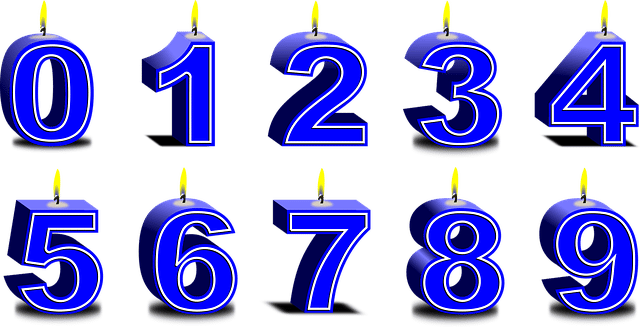
A finite series is a sequence that has an end.
Series are ordered sequences of elements that maintain a relationship with each other. Finite , for its part, is that which has a limit or end .
As can be seen when analyzing these definitions, a finite series is a sequence that has an end . This characteristic differentiates finite series from infinite series , which do not have an end (and, therefore, can be extended or prolonged indefinitely).
Characteristics of a finite series
If we think about a numerical series (a series composed of numbers ), we can find many examples of finite series. These series have a first and a last term that are already defined .
Precisely this highlighted characteristic is what establishes that there is a notable difference between the so-called finite series and the infinite series . And the latter is characterized by the fact that it has no end, hence, for example, in it and in any of its typology it is essential to proceed to make use of forceful tools of mathematical analysis in order to understand them, especially.

Finite series are useful in different contexts.
Some examples
In this way, if we take a numerical series formed by single-digit even positive numbers , we will find that it is a finite series whose components are 2, 4, 6 and 8 .
This series is finite since the first even positive number is 2 and the last single-digit even positive number is 8 . The rest of the even numbers ( 10 , 12 , 14 ...) have more than one digit and, therefore, do not correspond to the mentioned numerical series.
Finite series can also be descending . A descending finite series of positive numbers multiples of 3 that has 15 as its largest number will be the following: 15, 12, 9, 6 and 3 .
Other considerations about a finite series
In addition to everything explained so far, we cannot ignore the fact that there is another important list of aspects regarding finite series that are worth knowing and understanding. We are referring, for example, to the following:
– They become fundamental pieces of areas such as mathematics, in each and every one of its branches and areas, whether integral calculations, applied mathematics, algorithms, powers...
– In all finite series what is called reason plays an essential role. And this is what is responsible for establishing the pattern that identifies the succession of numbers and, therefore, helps us know which number should continue in one of those series. Thus, for example, if we have a series 2, 4, 8 and 16, we must know that its reason is that one number gives the next when multiplied by 2. Hence, after 16, to continue the series, there must be the 32.
The case of 0
In the case of 0 , the number is often confusing. 0 is considered an even number since it meets the parity condition : every integer that is a multiple of 2 is even ( 2 x 0 = 0 ).
On the other hand, 0 is not usually classified as a positive number , but rather is considered a neutral number . That is why it is not part of the finite series that we mention as examples .
